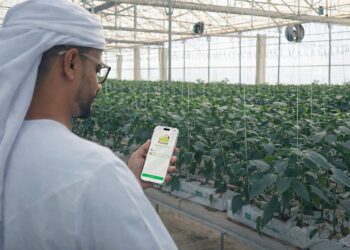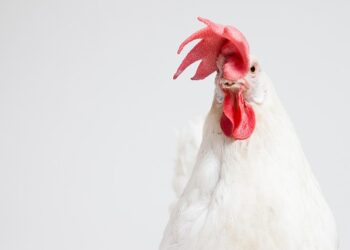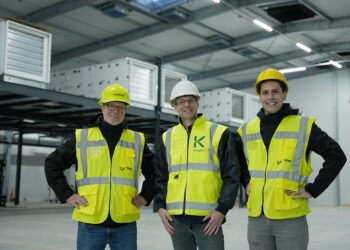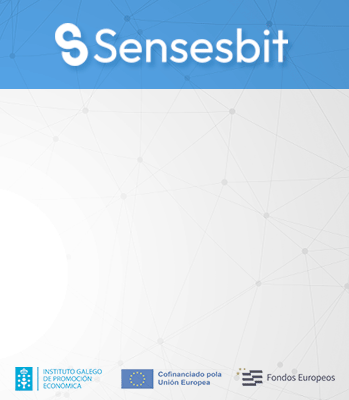“By leveraging data, Sharjah overcame several environmental challenges to launch a successful farming project in Mleiha, which today has gained attention from experts and global media”, HE Dr. Khalifa Al Tunaiji, Chairman of the Department of Agriculture and Livestock, Sharjah, told his audience during a talk at the debut edition of Regional Forum for Data and Community Development on Wednesday.
Titled ‘Meliha Farms: Food Security Sustained through Data,’ Tunaiji’s talk at the forum, organised by the Department of Statistics and Community Development (DSCD), underscored that data-driven solutions are critical for the UAE to achieve complete food security.
“Despite scepticism around the project’s feasibility due to the region’s climate, we relied on data to guide us through to success, guided by the vision and scientific and academic expertise of His Highness Sheikh Dr. Sultan bin Mohammed Al Qasimi, Member of the Supreme Council and Ruler of Sharjah,” the chairman stressed.
Tunaiji explained how data was used to select resilient wheat seed varieties from KSA suitable for the local climate and a sophisticated data-driven platform to monitor water usage, crop yields and irrigation needs. “This allowed us to conserve 40% of water, which is critical in a region with scarce resources”, he said.
“Without data, we would have been stuck in a trial-and-error approach, but with these tools, we could predict outcomes and avoid costly mistakes”, the Chairman further explained.
Meliha Farms has become a model of smart farming, with a control centre equipped with sensors, satellite thermal imaging, and AI-driven analysis providing accurate data on crops and livestock.
Data integration at the farm extends beyond crops to include livestock management. Smart sensors have been placed on cows, allowing Meliha Farms to monitor their temperature, heart rate, reproductive cycles, and overall health. This has improved the cattle’s milk production.
Al Tunaiji also discussed how greenhouses, guided by data, enhance agricultural efficiency. “Statistics show a 20-30% boost in crop yields, 50% less water consumption, and a 40% drop in operational costs, contributing to environmental sustainability”.
In conclusion, Al Tunaiji stressed the importance of data in ensuring food security: “Data is the backbone of success, helping reduce waste, optimise resources, and boost productivity. Without it, our results would have been far less efficient.”
The inaugural day included the session ‘Transforming Global Food Security through Local Sustainable Practices.’ Naama Alabodi, Head of Studies and Planning at DSCD, explored key food security concepts, emphasising individual and community contributions and best practices that support global food security efforts. Her colleague, Hamad Aljanaahi, Head of Programming, showcased cutting-edge DSCD software, which provides crucial data for Sharjah’s research, developed from insights gathered during the 2022 Census.























